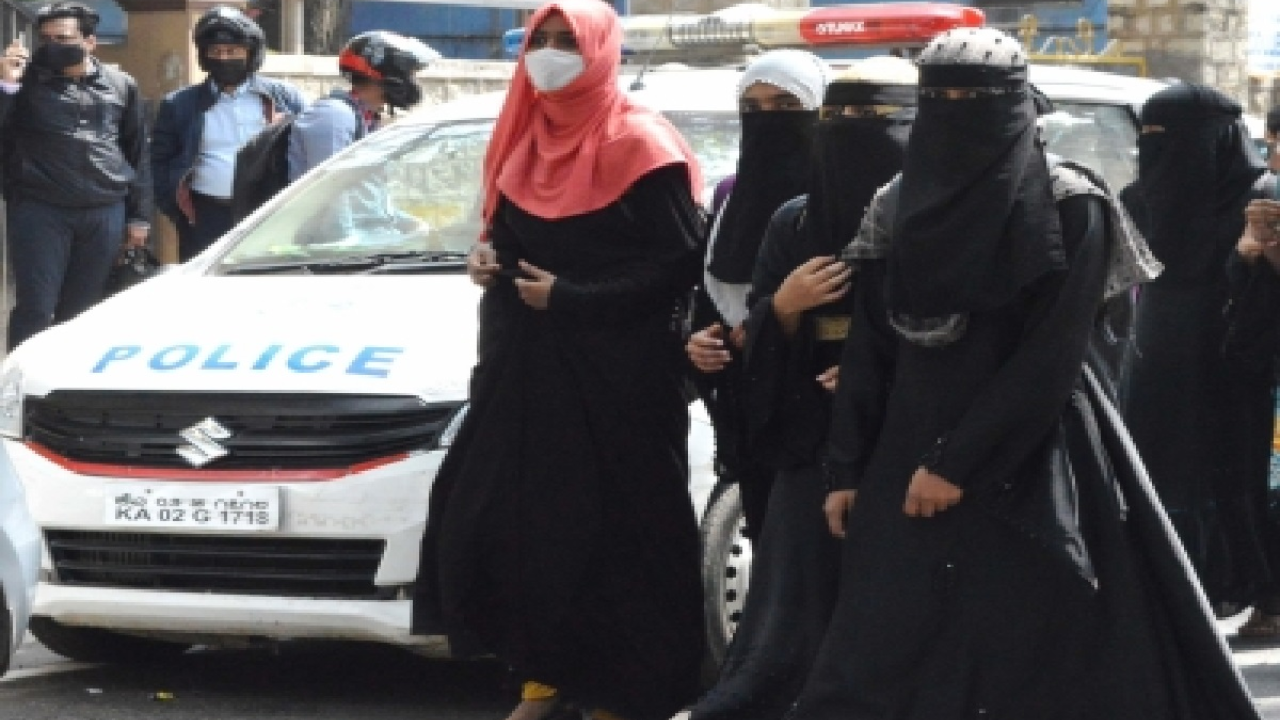The Supreme Court of India declared that Muslim women are entitled to maintenance from their ex-husbands even after divorce, as per Section 125 of the Code of Criminal Procedure. The court emphasized that this provision is a right, not a charity, further reinforcing the legal protections available to Muslim women in India.
The bench, comprising Justices BV Nagarathna and Augustine George Masih, asserted that this right extends to all Muslim women, not just those who are married. This verdict marks a significant step in empowering Muslim women and ensuring their rights are upheld.
The ruling also clarified that the Muslim Women (Protection of Rights on Divorce) Act of 1986, enacted by the Rajiv Gandhi government in response to the Shah Bano judgment of 1985, does not override the secular law. This decision is expected to have a profound impact on the rights of Muslim women, marking a crucial milestone in their ongoing struggle for equal rights.
The journey toward this ruling has been long and challenging, shaped by several key Supreme Court judgments. The Shah Bano case of 1985 was a pivotal moment, where the court granted maintenance to Shah Bano, a divorced Muslim woman, under Section 125 of the CrPC. This judgment, however, faced significant backlash from certain Muslim groups, leading to the enactment of the 1986 Act, which restricted alimony to the 90-day iddat period post-divorce.
Over the years, the Supreme Court has consistently ruled in favor of upholding the rights of Muslim women. Notable cases include the Goolbai vs Nasrosjee case in 1963, which set guidelines for legitimate marriages under Muslim law, and the Danial Latifi vs Union of India case in 2001, which challenged the constitutional validity of the 1986 Act and upheld the principles established in the Shah Bano case.
In 1997, the Noor Saba Khatoon case recognized Muslim women’s rights to ancestral property under the Muslim Personal Law (Shariat) Application Act, 1937, empowering them economically. The Maulana Abdul Kadir Madani case in 2009 reinforced that personal laws must align with constitutional rights, particularly regarding gender equality.
The 2014 Shamim Bano vs Asraf Khan case further solidified Muslim women’s rights to post-divorce maintenance, emphasizing that provisions for their future should extend beyond the iddat period. The 2017 Shayara Bano case, which declared the practice of triple talaq unconstitutional, provided additional legal protection against arbitrary divorce.
These cumulative judgments have significantly empowered Muslim women in India, recognizing their rights to maintenance and challenging patriarchal norms. The Supreme Court’s recent ruling continues this legacy, upholding principles of gender equality and justice, and paving the way for further reforms in the lives of Muslim women.









